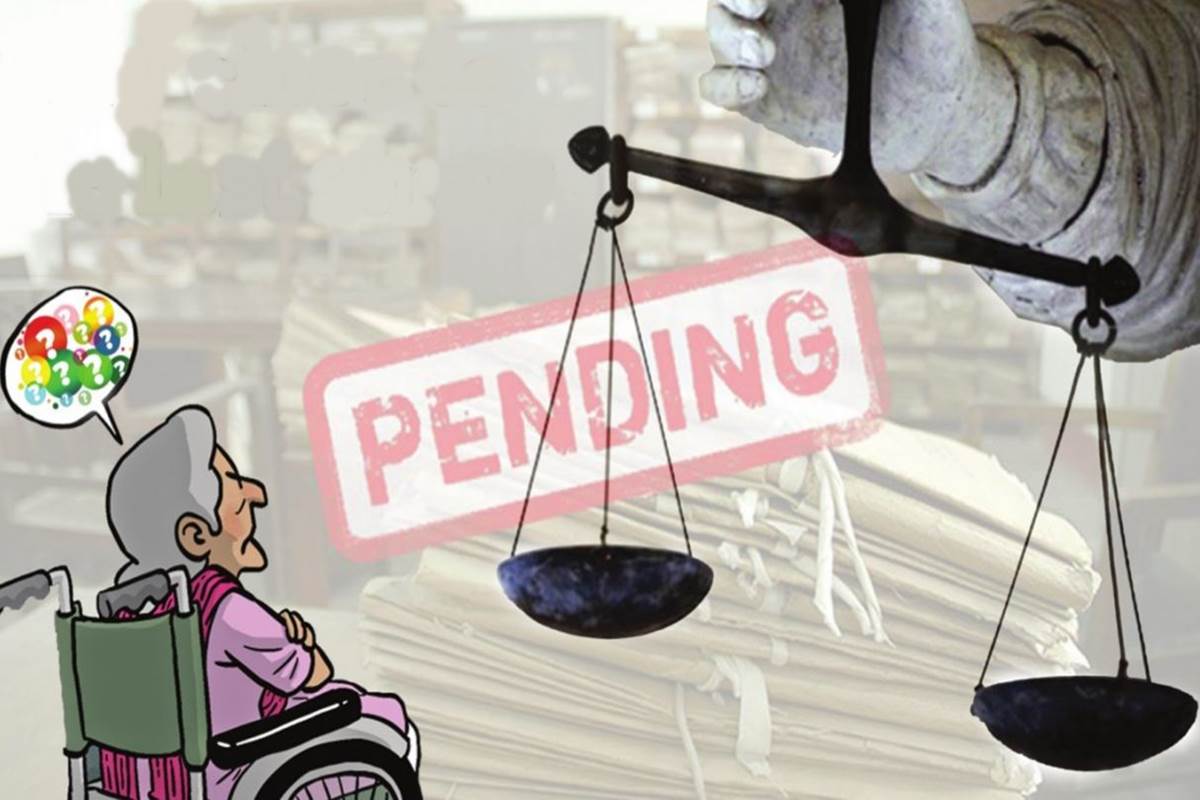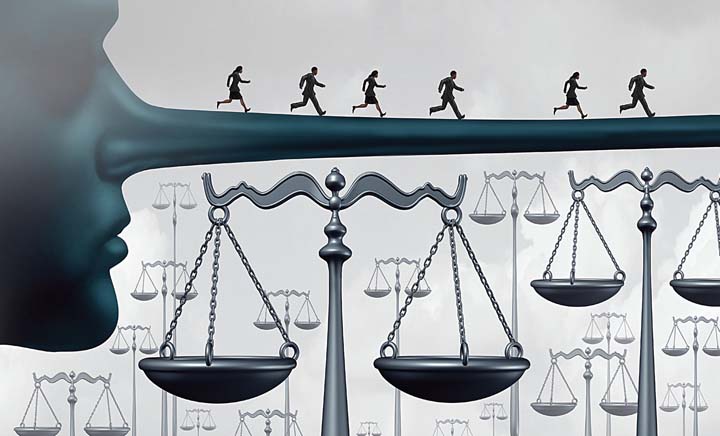A quasi-judicial body is defined as “an organ of government other than a court or legislature that affects the rights of private parties through adjudication or rulemaking.” It is not required that a Quasi-Judicial body be an organization resembling a Court of Law. For example, the Election Commission of India is a quasi-judicial body, but it does not perform the same core functions as a Court of Law.
Some examples of Quasi-Judicial Bodies in India are Election Commission of India, National Green Tribunal, Central Information Commission (CIC), Lok Adalat etc.

Role of quasi-judicial bodies in the governance
- In the traditional judicial process, a large portion of the populace may be discouraged from approaching the Courts due to financial concerns, thus defeating the purpose of justice. Quasi-judicial bodies, on the other hand, have a low overall cost, which encourages people to seek redress for their grievances.
- Tribunals and other such bodies do not follow any lengthy or complex procedure for submitting application or evidence etc.Tribunals and other similar bodies do not have any lengthy or complicated procedures for submitting applications, evidence, and so on.
- While taking up specific matters, quasi-judicial bodies primarily assist by sharing the Judiciary’s massive workload. Like the National Green Tribunal, which adjudicates on matters related to the environment and pollution.
- Quasi-judicial bodies are accessible, free from technicalities, expeditious, and proceed more rapidly and efficiently when manned by experts.

Taking the Election Commission of India as an example, its quasi-judicial powers and functions sufficiently indicate that it has adjudicatory powers comparable to the court system. The Election Commission performs the following quasi-judicial functions:
- The Commission has the authority to disqualify a candidate who fails to file an account of his election expenses within the time and manner prescribed by law.
- The Commission may also remove or reduce the period of such disqualification, as well as other disqualifications imposed by law.
- The Commission serves as a court for resolving disputes concerning the recognition of political parties and the allocation of election symbols to them.

Most quasi-judicial bodies are understaffed and overburdened with an increasing number of cases, making it difficult for them to carry out their functions smoothly. The crux of the issue is that these bodies are expected to perform nearly equal amounts of work despite having half the manpower of the Judiciary. Despite these odds, quasi-judicial bodies are a great help to the nation and have significantly reduced the burden on the Judiciary. They also enable efficient governance of the country by addressing its core issues.
Other related posts:
SC upholds 10 per cent quota for EWS
IS PREAMBLE A PART OF THE INDIAN CONSTITUTION ?
